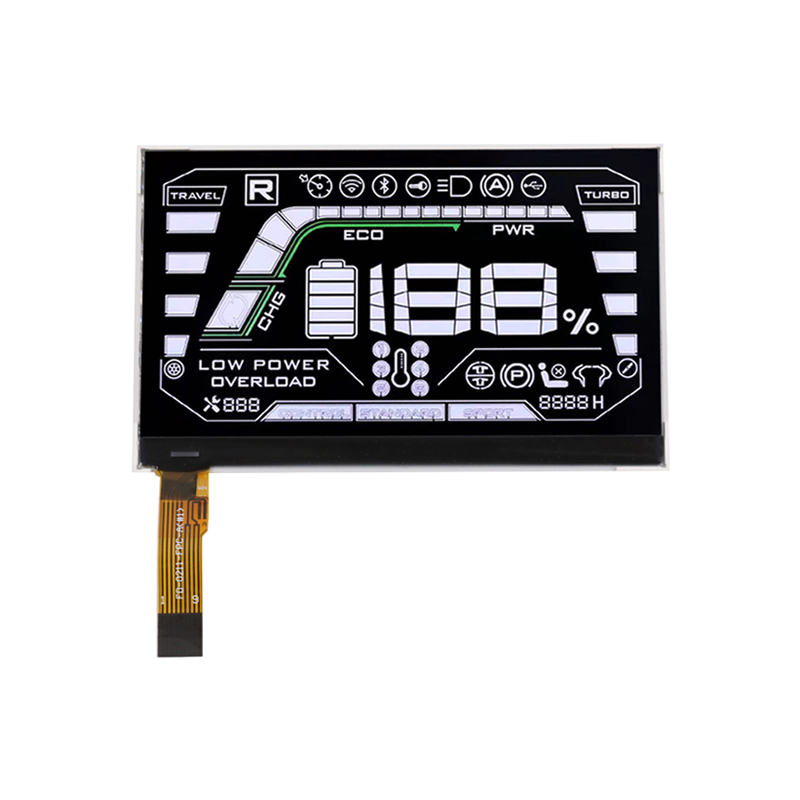
Choosing the right Arduino dot matrix display can significantly enhance your project. This guide helps you navigate the options, considering factors like size, resolution, interface, and cost. We’ll review top models and offer insights to help you make the best decision for your specific needs.
Arduino dot matrix displays are small displays that use a grid of LEDs (light-emitting diodes) to show text and simple graphics. They are versatile and widely used in various projects, from simple signs to complex instrumentation. The key features to consider are:
Displays range from tiny 8x8 matrices to larger ones with hundreds of LEDs. Resolution determines the detail level; higher resolution means sharper images and more text. Consider the space you have available and the complexity of what you want to display. A larger display might be preferable for higher readability, but it may also consume more power and take up more space on your project's circuit board.
Many Arduino dot matrix displays use simple interfaces like SPI or I2C. SPI offers high speed, but I2C simplifies wiring with fewer pins needed. Consider your Arduino board's capabilities and the complexity of your project. The I2C protocol is often favored for its ease of use, particularly in projects with multiple devices.
Brightness is a crucial factor for visibility. Some displays offer adjustable brightness control, which can be essential for various lighting conditions. Color options vary; while many are monochrome (typically red or green), some offer multi-color capabilities, often through RGB LEDs.
The power consumed by your display directly impacts battery life in portable projects. Check the specifications to choose one that suits your project’s power budget. Displays with lower power consumption will obviously extend the runtime of battery-powered applications.
The market offers many options. Here are a few popular choices, highlighting their pros and cons:
| Display Model | Size (dots) | Interface | Color | Pros | Cons |
|---|---|---|---|---|---|
| MAX7219-based 8x8 display | 8x8 | SPI | Red/Green | Affordable, easy to use, readily available | Low resolution |
| 16x32 LED Dot Matrix Display | 16x32 | SPI | Red | Higher resolution than 8x8, relatively inexpensive | Requires more coding complexity |
| Customizable displays from Dalian Eastern Display Co., Ltd. | Variable | Variable | Variable | Highly customizable to meet specific project needs | May require more design effort |
Note: Specifications may vary depending on the manufacturer. Always refer to the product datasheet for accurate information. This selection isn’t exhaustive, but it offers an overview of common choices.
Selecting the best Arduino dot matrix display involves careful consideration of your project's requirements. Assess the following:
Choosing the perfect Arduino dot matrix display depends heavily on your project's specifications. By carefully considering factors like size, resolution, interface, and power consumption, you can select the ideal display to enhance your creation. Remember to consult datasheets and online resources for detailed specifications and implementation guides. Experimenting with various displays will help you determine the best fit for your needs.
Disclaimer: This article provides information for educational purposes. The author is not responsible for any damages or losses resulting from the use of this information.












